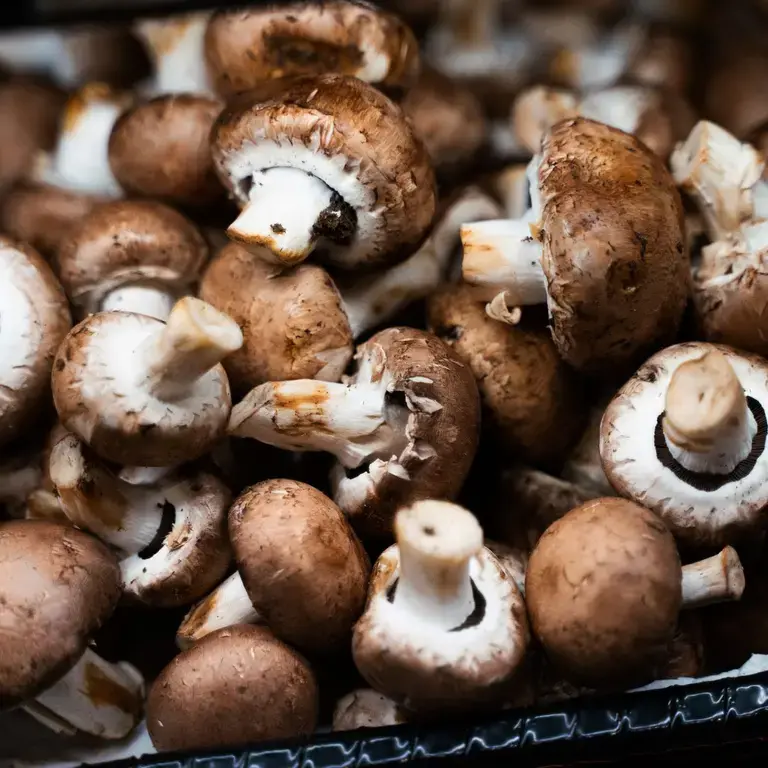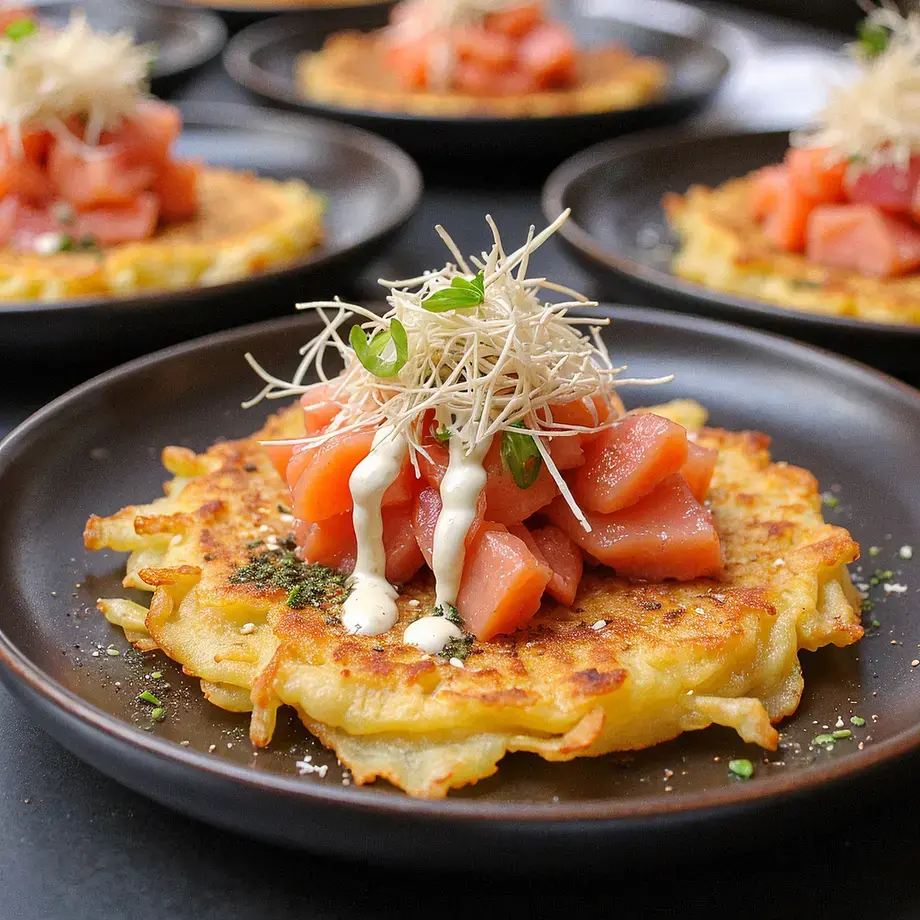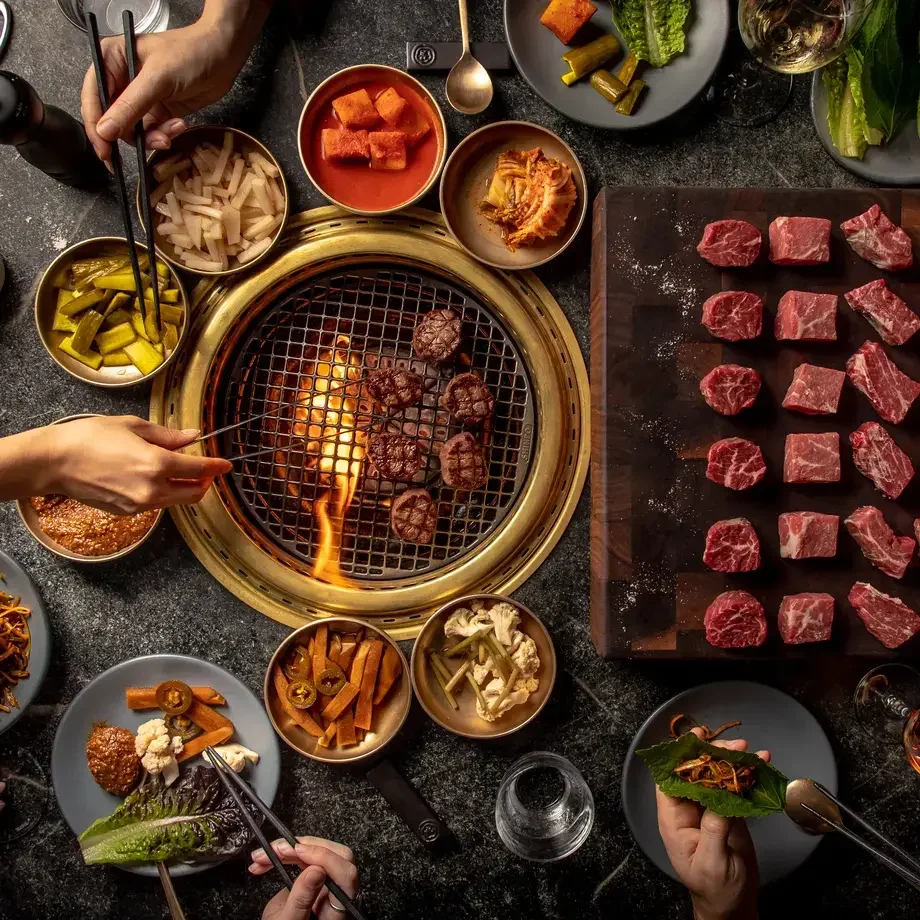Baby bella mushrooms are a smooth, brown-capped fungi with a deep and delicious savoury flavour. They’re easy to get mixed up with other types of mushrooms, especially as they belong to a variety that’s picked at different stages of maturity – each suited to different uses in the kitchen. Not helping matters is the plethora of names for mushrooms of this species, so let’s clear up any confusion here and now by learning all about baby bellas.
Facts about Baby Bella Mushrooms
Baby bella mushrooms are also known as cremini mushrooms. They are the same variety as white button mushrooms but picked when they’re more mature, which results in a more developed flavour.
Baby bella mushrooms are also the same variety as Italian portobello (or portabella) mushrooms, but a stage younger. Baby bella mushrooms, white button mushrooms, and portobello mushrooms are simply different maturations of the agaricus bisporus fungus species.
So if you can’t find baby bella mushrooms by name, large white button mushrooms or small portobello mushrooms will generally suffice (we will cover the differences in more depth below). For the record, baby bella mushrooms are usually labelled portabella by the US Mushroom Council.












